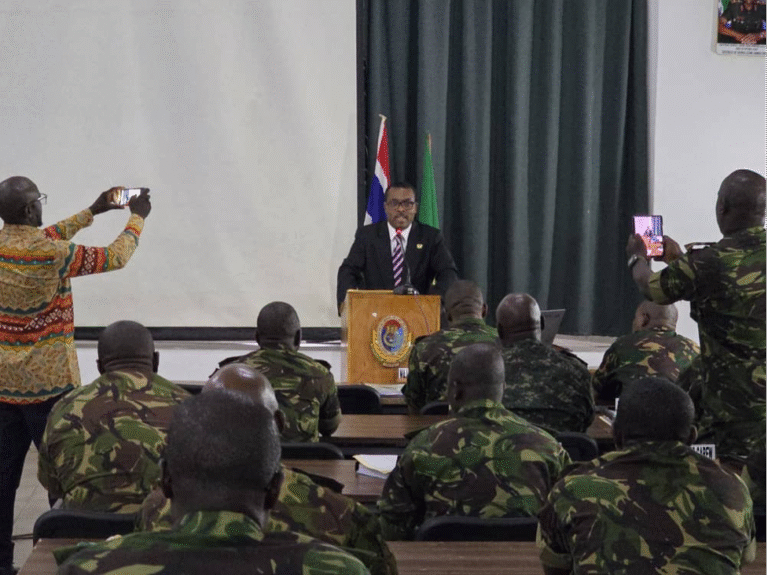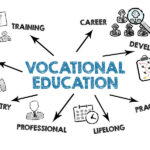By Saidu Dumbuya
The Ministry of Youth Affairs on Tuesday, May 20, convened a one-day Youth Steering Committee status meeting at the Hub Hotel Conference Hall in Wilberforce, Freetown. The gathering brought together key stakeholders from across the youth development sector.
Addressing the participants, newly appointed Minister of Youth Affairs, Ibrahim Sannoh, outlined his strategic vision to empower Sierra Leonean youth as innovators, entrepreneurs, and leaders in agriculture, climate resilience, skills development, and the digital economy.
“Our strategy focuses on creating 35,000 youth jobs, launching over 300 youth-led agribusinesses, training 20,000 youths in climate-smart agriculture and mechanization, and increasing food yields and youth incomes by 15% and 30% respectively,” Minister Sannoh said.
He also introduced several flagship initiatives, including youth cooperative farms, a youth agripreneurship fund, value-addition centers, and climate-smart training hubs.
Executive Director of the Institute for Governance Reform (IGR), Andrew Lavaley, presented a draft status report on youth development. The report covered key areas such as unemployment, financial access, youth participation in agriculture, and technology engagement.
Among the findings:
Only 22% of youth are in paid employment, with significant gender disparities-more young males are employed compared to females.
Employment is higher among university-educated youth (39%) versus those without formal education (21%).
Agriculture remains the largest employer, accounting for 33% of youth jobs.
A large portion of unemployed youth are unwilling to work for minimum wage, and one in every five youths is unemployed.
Youth aged 26–35 experience the longest periods of unemployment.
The report also highlighted severe food insecurity among young people, with 52% deemed food poor, and 63% relying on charitable contributions. Vulnerable groups such as pregnant girls, youth mothers, and those living with disabilities were identified as particularly at risk.
Lavaley proposed several policy actions including; implementing targeted cash transfer and social safety net programs and develop family-friendly policies, including affordable childcare and reproductive health services to prevent early pregnancies.
Other notable speakers included representatives from the Ministry of Trade and Industry, Deputy Minister of Youth Affairs, UNDP, NaCSA, and various civil society organizations.







